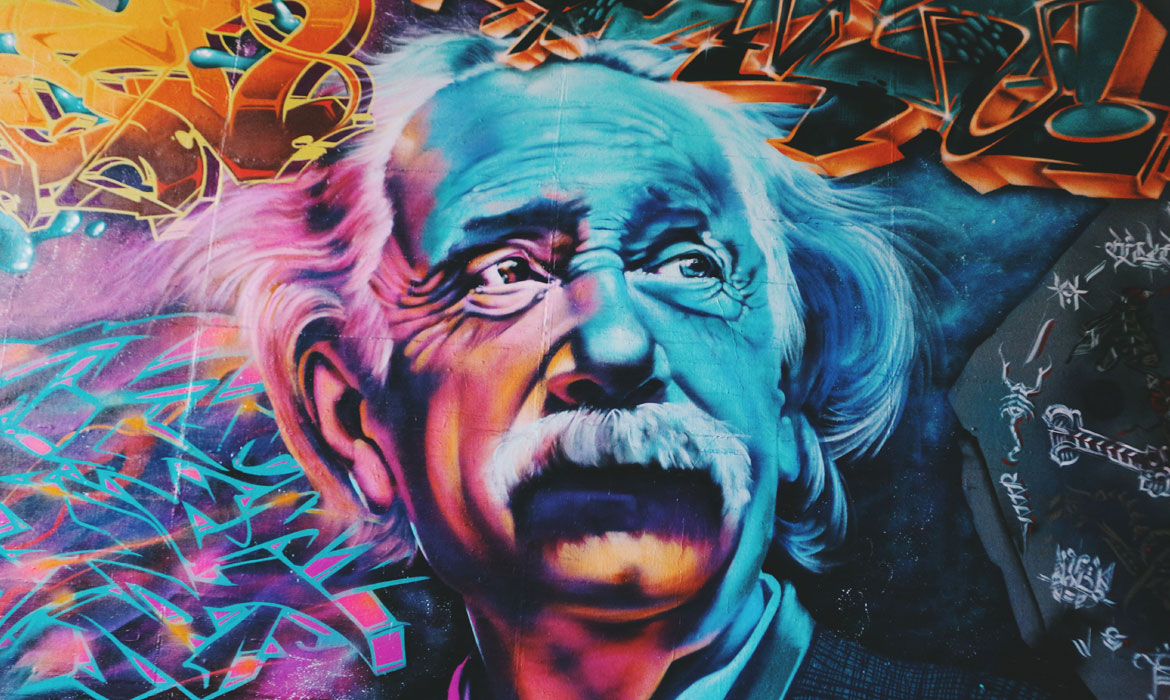
Science is a field that continuously pushes the boundaries of human knowledge and understanding. Throughout history, scientists have made countless discoveries that have revolutionized our perception of the world and reshaped entire fields of study. From the mysteries of the universe to the intricate workings of the human body, the realm of science is filled with mind-blowing revelations that challenge our preconceived notions and open up new avenues of exploration. In this blog post, we will delve into some of the most captivating and paradigm-shifting discoveries in science.
The Discovery of Gravitational Waves:
In 2015, scientists at the Laser Interferometer Gravitational-Wave Observatory (LIGO) made a groundbreaking announcement that sent shockwaves through the scientific community and the world at large. They had successfully detected gravitational waves, ripples in the fabric of spacetime predicted by Albert Einstein’s general theory of relativity. This monumental discovery confirmed a major prediction of Einstein’s theory and provided direct evidence of the existence of these waves, which are generated by cataclysmic cosmic events like the collision of black holes. The detection of gravitational waves opened up a new window to observe the universe, allowing scientists to explore phenomena that were previously invisible.
CRISPR-Cas9 Gene Editing:
The revolutionary gene-editing tool known as CRISPR-Cas9 has transformed the field of genetics and holds immense potential for medical and biological research. CRISPR, which stands for Clustered Regularly Interspaced Short Palindromic Repeats, is a bacterial defense system that can be used to precisely edit genes. By utilizing the Cas9 protein as a molecular pair of “scissors,” scientists can target and modify specific sequences of DNA. This breakthrough technology has the potential to cure genetic diseases, enhance crop resilience, and even eradicate certain pathogens. The discovery and development of CRISPR-Cas9 have sparked both excitement and ethical debates, as its applications raise profound questions about the boundaries of genetic manipulation.
The Higgs Boson Particle:
The search for the Higgs boson, often referred to as the “God particle,” captivated the scientific community for decades. In 2012, physicists working at the Large Hadron Collider (LHC) in Geneva, Switzerland, announced the discovery of a new particle consistent with the Higgs boson. This particle plays a fundamental role in the theory of the Higgs field, which explains how other particles acquire mass. The confirmation of the Higgs boson’s existence was a monumental achievement, as it not only validated the standard model of particle physics but also provided insights into the early universe and the nature of mass itself.
Exoplanet Exploration:
The discovery of exoplanets, which are planets outside our solar system, has revolutionized our understanding of the universe and the potential for extraterrestrial life. Before the 1990s, it was widely believed that our solar system was unique. However, advancements in telescopes and observation techniques led to the detection of the first confirmed exoplanet orbiting a sun-like star in 1995. Since then, thousands of exoplanets have been discovered, ranging from gas giants to rocky, Earth-like worlds. These findings have raised tantalizing questions about the prevalence of life in the universe and have spurred ongoing efforts to search for biosignatures and habitable environments on exoplanets.
Quantum Entanglement and Teleportation:
Quantum mechanics, the branch of physics that describes the behavior of particles at the smallest scales, is known for its mind-boggling and counterintuitive phenomena. One such phenomenon is quantum entanglement, where two particles become correlated in such a way that the state of one particle instantaneously affects the state of the other, regardless of the distance between them. In recent years, scientists have successfully demonstrated quantum teleportation, a process by which the quantum state of one particle is transferred to another, effectively “teleporting” it. While teleporting people or objects as seen in science fiction remains far from reality, the ability to teleport quantum information is a significant step forward in quantum computing and secure communication systems.
The Microbiome Revolution:
The human body is home to trillions of microorganisms, collectively known as the microbiome, which play crucial roles in our health and well-being. In the past decade, advances in DNA sequencing technologies have allowed scientists to study the microbiome in unprecedented detail. This has led to groundbreaking discoveries, such as the identification of specific microbial species associated with certain diseases and conditions. Moreover, research has revealed the intricate ways in which the microbiome influences our immune system, metabolism, and even our mental health. The emerging field of microbiome research holds immense potential for personalized medicine and novel therapeutic interventions.
Dark Matter and Dark Energy:
Despite comprising the vast majority of the universe, dark matter and dark energy remain elusive and mysterious. Dark matter, which does not interact with light or other electromagnetic radiation, was first proposed to explain the observed gravitational effects on galaxies and large-scale structures in the cosmos. Scientists have made significant progress in mapping the distribution of dark matter, although its exact nature and composition remain unknown. On the other hand, dark energy is believed to be responsible for the accelerated expansion of the universe. Its discovery in the late 1990s, through observations of distant supernovae, overturned our understanding of the universe’s fate and raised profound questions about its ultimate composition and destiny.
In conclusion, the field of science continues to astound and amaze us with its mind-blowing discoveries. From the detection of gravitational waves to the development of CRISPR-Cas9 gene editing, each breakthrough brings us closer to unraveling the mysteries of the universe and improving the human condition. As we stand on the precipice of technological advancements and new frontiers of knowledge, it is crucial to support and nurture scientific inquiry to unlock the immense potential it holds for the future of humanity. The wonders of science are limited only by our imagination and curiosity, and there is no doubt that the coming years will bring even more awe-inspiring revelations that will reshape our understanding of the world around us.
